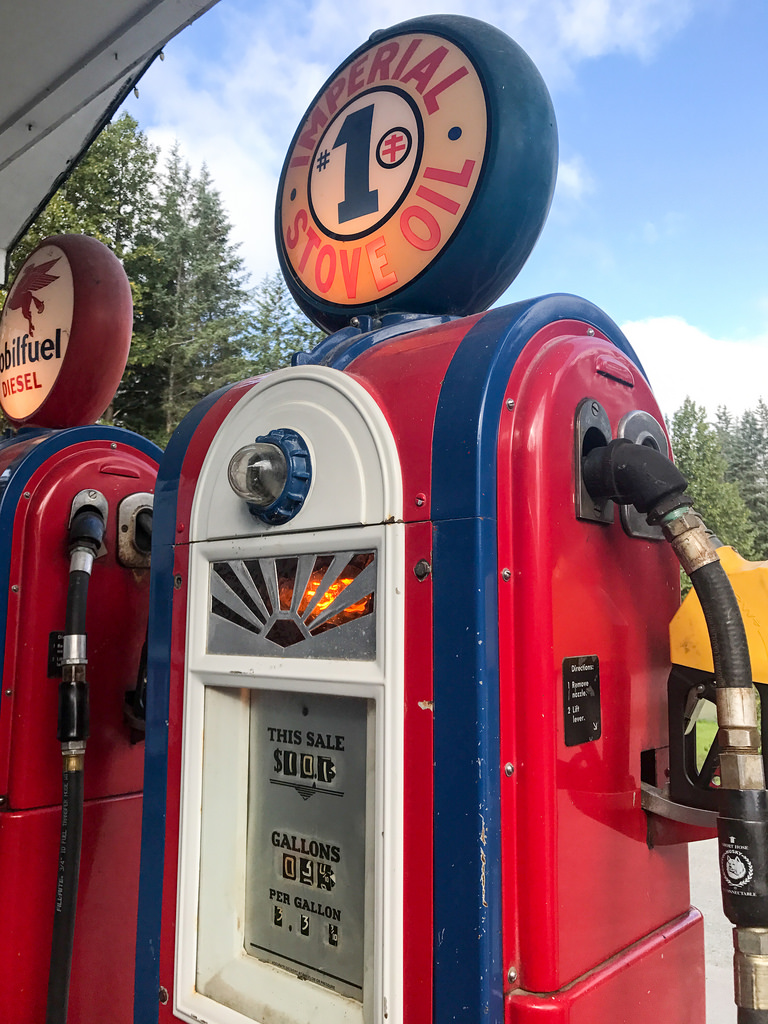| At the Utah Legislature, some things are like the weather. People complain about them endlessly but never seem to do anything to change them. That may be because, at the moment, meteorology is far more accurate than anything that can predict modern disruptions to the way governments have gotten used to doing business. And then there is the tricky business of wanting to be re-elected. Two taxes, the gas tax and the sales tax, are proving to be particularly vexing. They are 20th century tools, and as the 21st century rolls along they are becoming about as useful as eight-track tape decks. It’s not that lawmakers are afraid of raising them — they have tinkered with the gas tax, particularly, in recent years, even making increases automatic. |
| | No, it’s about how the world is changing. The cars you drive get better gas mileage than the ones you used to drive. If you don’t fill up as often, you spend less in taxes. Also, people drive increasingly more cars powered by natural gas or electricity. The gas tax doesn’t apply to them. Meanwhile, the rate at which roads and bridges deteriorate is no respecter of how vehicles are powered. In the first Senate leadership press availability session this year, Senate President Wayne Niederhauser put it succinctly. “I think that within the next 10 years you’re going to have 10 to 20 percent of your vehicles on the road that are non-gas,” he said. “At that point, the gas tax … we have to look deeply and say this is maybe an obsolete tax.” But deciding what to do about it isn’t easy. People already don’t like the gas tax. Will they like the alternatives? How would you feel about the government requiring you to put a device in your car that tracks how many miles you drive, then makes you pay a tax for each one? This kind of tax would solve a number of problems. Everything that moves would have to pay, no matter what kind of newfangled fuel source (hydrogen? flux capacitor?) comes along in the future. In addition, governments could fluctuate the rate of this tax depending on a number of factors — whether your vehicle is commercial or private, its weight, the kinds of roads you traverse or how congested traffic is. That last one could incentivize you to take your trip at a less congested time, thus helping the environment. Or it could just make you angry. Oregon already has experimented with this kind of vehicle-miles-traveled tax. Utah also has begun a small-scale experiment. Niederhauser mentioned this in a list that also included “tolling or something somebody’s ever thought of.” Sales tax is a bit trickier. Local governments have complained for years that online sales are robbing them of millions, or more, in sales taxes. Last year, Utah signed deals with Amazon and some others to collect taxes on sales here. But the truth is no one knows for sure how much money governments are failing to extract from your wallet each year. Some experts say it isn’t nearly as much as states and cities would have you believe. The Government Accounting Office, however, issued an audit recently that estimates the cost last year at $13 billion nationwide. But there is a larger issue here. Regular retail stores, and malls in particular, are losing business to all this online shopping. Instead of malls, some cities are seeing warehouses pop up to handle online orders. At least one economist believes the warehouse jobs are more than making up for the retail jobs lost, but when retailers go out of business, governments get less sales tax money. The Supreme Court may solve some of this year when it hears a South Dakota case that could change the power states have to tax online retailers. A 25-year-old court ruling — before the days of Amazon — said states couldn’t tax a retailer unless it had a physical presence in the state. But even then, politicians would face the same old problem. Just because you can tax something differently doesn’t mean you can do it and not get kicked out of office. |


 RSS Feed
RSS Feed

